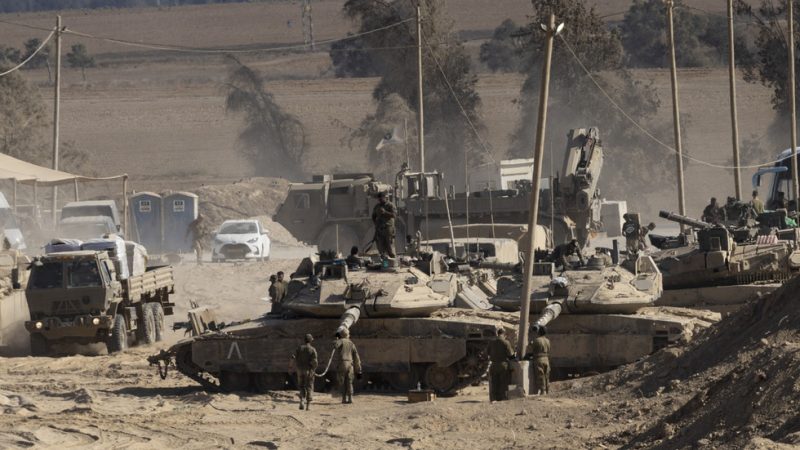
West Jerusalem’s approval of a plan to seize Gaza City has ignited a firestorm of international condemnation and sparked significant domestic protests within Israel. The five-point plan, announced by Israeli Prime Minister Benjamin Netanyahu and his security cabinet, aims to ‘conclude the war’ with Hamas, a conflict that has dragged on for nearly two years. A key element of this plan involves placing Gaza City under Israeli security control, with governance reportedly handed over to unspecified ‘Arab forces’.
This controversial decision has drawn sharp criticism from numerous international bodies. UN Secretary-General Antonio Guterres issued a strong condemnation, warning of a dangerous escalation and the potential for catastrophic humanitarian consequences for the densely populated area. He highlighted the risk to Israeli hostages still held by Hamas, suggesting the plan could further endanger their lives. Similar concerns were voiced by UN High Commissioner for Human Rights Volker Turk, who urged an immediate halt to the plan.
The international community’s response has been largely unified in its condemnation. While the US offered no immediate reaction, President Donald Trump had previously stated that the decision of full occupation was ‘pretty much up to Israel’. The European Union, however, has been more vocal, with President Ursula von der Leyen urging Israel to reconsider and Council head Antonio Costa suggesting that the decision will have consequences for EU-Israel relations. Germany, a significant ally of Israel, has even announced a suspension of arms exports that could be used in the Gaza Strip.
Palestinian factions have also vehemently rejected the plan. Palestinian Authority President Mahmoud Abbas called it a ‘complete crime,’ predicting a humanitarian catastrophe. Hamas warned that the occupation would jeopardize the lives of the remaining Israeli hostages, accusing Netanyahu’s government of indifference to their fate. Even Hamas’s rival, Palestinian Islamic Jihad, condemned the plan, urging intervention from Arab nations and the West to prevent further escalation.
The plan has also faced significant domestic opposition within Israel. Opposition leader Yair Lapid accused Netanyahu of bowing to pressure from far-right ministers, calling the move a disaster. Similar sentiments were expressed by other prominent figures, including Democrats Party chair Yair Golan, who warned of generational consequences. The protests have been fueled by relatives of the Israeli hostages, who are demanding a diplomatic solution to secure the release of captives and the return of the deceased, rather than a widening of military operations.
The situation remains highly volatile, with the international community watching closely as Israel proceeds with its controversial plan. The potential for further conflict and humanitarian crisis remains a significant concern.










